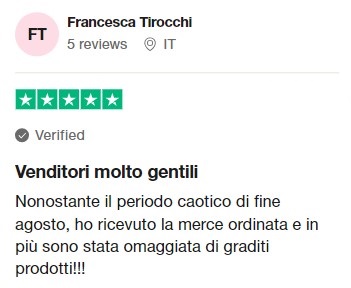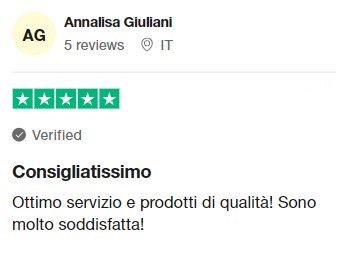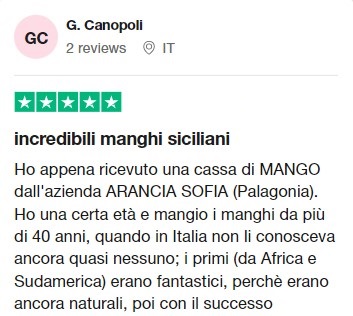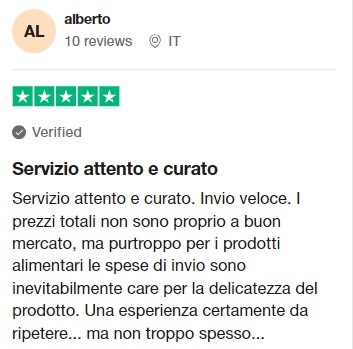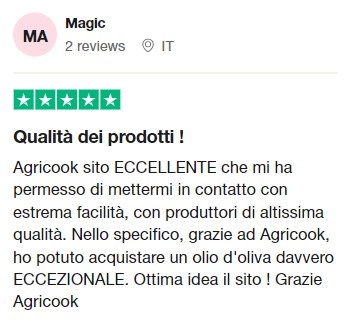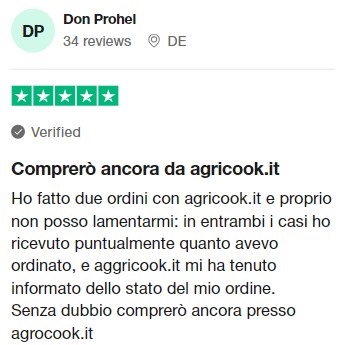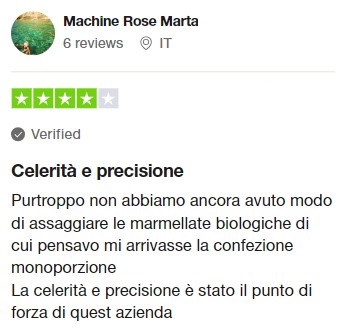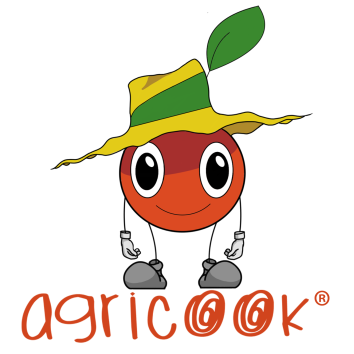
Zafferano zafne in stimmi bio g 0.2

AZIENDA AGRICOLA SANSONI
Buy directly from the manufacturer. No intermediary.
Limited and seasonal product.
Zafferano zafne in stimmi bio g 0.2
- Stock: In Stock
- Code: 00017_Z02
- Weight: 0.20g
Prezzo:
6,00 euro
Ex Tax:
5,45 euro
Hurry, limited availability

With Agricook, choose sustainability and quality! Direct shipments from producers and our commitment with Treedom to reduce the environmental impact and promote a green future.






